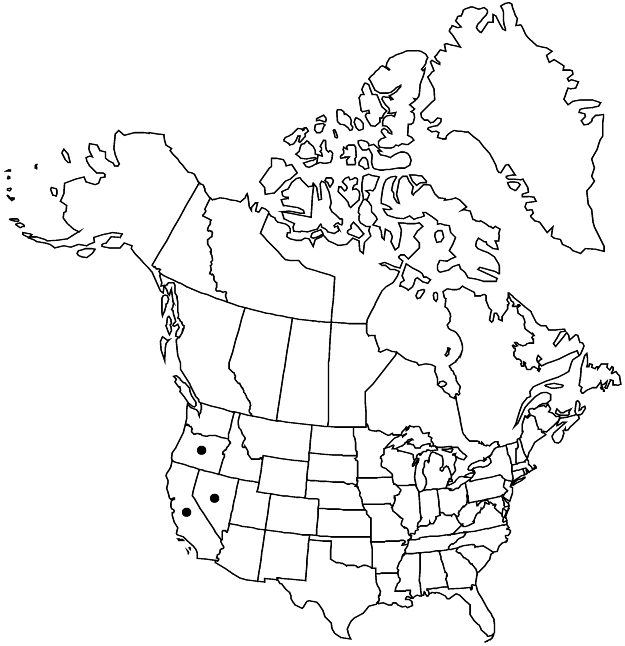Difference between revisions of "Eriogonum brachyanthum"
Contr. U.S. Natl. Herb. 4: 185. 1893.
FNA>Volume Importer |
imported>Volume Importer |
||
| Line 8: | Line 8: | ||
}} | }} | ||
|common_names=Short-flower wild buckwheat | |common_names=Short-flower wild buckwheat | ||
| + | |special_status={{Treatment/ID/Special_status | ||
| + | |code=E | ||
| + | |label=Endemic | ||
| + | }} | ||
|basionyms= | |basionyms= | ||
|synonyms={{Treatment/ID/Synonym | |synonyms={{Treatment/ID/Synonym | ||
| Line 54: | Line 58: | ||
|publication title=Contr. U.S. Natl. Herb. | |publication title=Contr. U.S. Natl. Herb. | ||
|publication year=1893 | |publication year=1893 | ||
| − | |special status= | + | |special status=Endemic |
| − | |source xml=https:// | + | |source xml=https://bitbucket.org/aafc-mbb/fna-data-curation/src/2e0870ddd59836b60bcf96646a41e87ea5a5943a/coarse_grained_fna_xml/V5/V5_889.xml |
|subfamily=Polygonaceae subfam. Eriogonoideae | |subfamily=Polygonaceae subfam. Eriogonoideae | ||
|genus=Eriogonum | |genus=Eriogonum | ||
Latest revision as of 23:14, 5 November 2020
Herbs, spreading, (0.5–)1–3 dm, glabrous, greenish. Stems: aerial flowering stems erect, 0.3–0.8 dm, glabrous. Leaves basal; petiole 0.5–3 cm, tomentose; blade ovate to rounded, 0.5–2 × 0.5–2 cm, densely white-tomentose on both surfaces, rarely glabrate and grayish or greenish adaxially. Inflorescences cymose, occasionally distally uniparous due to suppression of secondary branches, usually diffuse, 5–25 × 5–30 cm; branches glabrous; bracts 0.5–2 × 0.5–2 mm. Peduncles absent. Involucres somewhat appressed to branches, turbinate, 1–1.2 × 0.4–0.6 mm, glabrous; teeth 5, erect, 0.2–0.3 mm. Flowers 0.6–0.8(–1) mm; perianth yellow or pale yellowish, rarely whitish, glabrous; tepals slightly dimorphic, those of outer whorl oblong to oblong-obovate, those of inner whorl narrowly oblong; stamens included, 0.5–0.8 mm; filaments pilose proximally. Achenes dark brown, 3-gonous, 0.8–1 mm.
Phenology: Flowering Apr–Nov.
Habitat: Sandy to gravelly flats, washes, and slopes, saltbush, greasewood, and sagebrush communities, pinyon-juniper and montane conifer woodlands
Elevation: 600-2300 m
Distribution

Calif., Nev., Oreg.
Discussion
Eriogonum brachyanthum basically is a species of the Mojave Desert, extending northward in eastern California (Inyo, Kern, Los Angeles, Mono, Riverside, and San Bernardino counties) and along the Lahontan Trough of Nevada (Churchill, Esmeralda, Eureka, Humboldt, Lander, Lyon, Mineral, Nye, Pershing, and Washoe counties) to just north of Denio in Harney County, Oregon. It is common to abundant and even locally weedy in the northern Mojave Desert. Elsewhere it is less common and much more widely scattered. It often is found with other annual wild buckwheats forming dense patches (especially along highways) composed of several (up to seven in places) species, and care must be taken to sort them properly when making herbarium specimens.
Selected References
None.